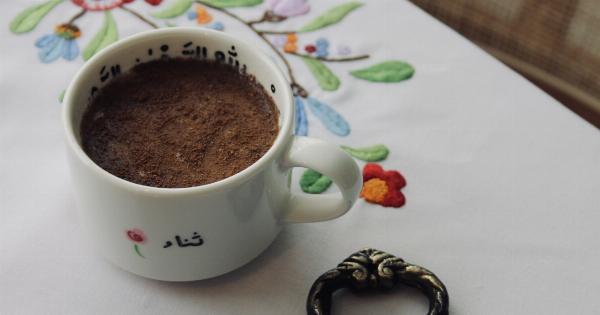Who doesn’t love chocolate? It’s creamy, delicious, and can make any bad day better.
But did you know that chocolate also has a rapid influence on your brain? In fact, the effects of chocolate on the brain have been extensively studied, and the results are fascinating. Here’s everything you need to know about the relationship between chocolate and your brain.
The Science of Chocolate and Your Brain
Chocolate contains a variety of chemical compounds that can interact with the brain. These compounds include caffeine, theobromine, and flavonoids.
Caffeine and theobromine are both stimulants that can increase alertness and focus, while flavonoids are antioxidants that can protect the brain from damage and improve blood flow.
When you eat chocolate, these compounds are rapidly absorbed into the bloodstream and travel to the brain. Once there, they can affect brain function in a variety of ways.
For example, caffeine and theobromine can increase the release of neurotransmitters like dopamine and serotonin, which can improve mood and reduce stress. Flavonoids, on the other hand, can enhance cognitive function and protect the brain from oxidative stress.
The Mood-Boosting Properties of Chocolate
One of the most well-known effects of chocolate on the brain is its ability to improve mood. This is due to the presence of caffeine, theobromine, and a compound called phenylethylamine (PEA).
PEA is a naturally occurring amino acid that can increase the production of dopamine in the brain, which can lead to feelings of pleasure and happiness.
Many people turn to chocolate when they’re feeling down or stressed, and it’s easy to see why. Studies have shown that consuming chocolate can reduce stress levels, improve mood, and even reduce symptoms of depression and anxiety.
So, the next time you’re feeling blue, consider reaching for a piece of chocolate.
Chocolate’s Effect on Cognitive Function
While we often think of chocolate as a treat for our taste buds, it turns out that it can also benefit our brains.
Studies have shown that consuming chocolate can enhance cognitive function, particularly in the areas of attention, memory, and reaction time.
This may be due in part to the flavonoids found in chocolate. Flavonoids have been shown to improve blood flow to the brain, which can increase oxygen and nutrient delivery.
This, in turn, can improve cognitive function and protect against age-related decline.
Why Dark Chocolate is Better for the Brain
If you’re a chocolate lover, you might be wondering if all types of chocolate are created equal when it comes to brain health. The answer is no. Dark chocolate, in particular, has been shown to have the greatest effects on brain function.
This is because dark chocolate contains higher levels of flavonoids than milk or white chocolate. In fact, one study found that consuming dark chocolate with at least 70% cocoa solids could improve cognitive function in as little as 2 hours.
So, if you’re looking to give your brain a boost, opt for dark chocolate over other varieties.
Chocolate and Sleep
While we’ve been talking about the positive effects of chocolate on the brain, it’s important to mention that it can also have some negative effects if consumed at the wrong time.
Specifically, consuming chocolate too close to bedtime can disrupt sleep.
This is because chocolate contains caffeine, which can interfere with sleep by promoting wakefulness and reducing the amount of time spent in deep sleep.
If you’re sensitive to caffeine, it’s best to avoid chocolate in the evenings to ensure a good night’s rest.
Conclusion
Chocolate is not just a delicious treat, but it also has some fascinating effects on the brain. From improving mood and cognitive function to protecting against age-related decline, the compounds found in chocolate have numerous benefits.
So, the next time you indulge in a piece of chocolate, enjoy it knowing that you’re doing something good for your brain as well as your taste buds.































